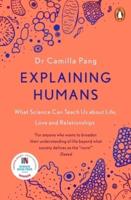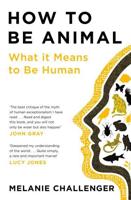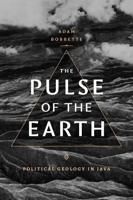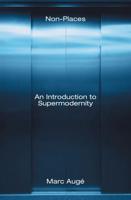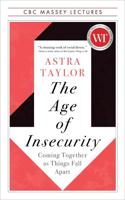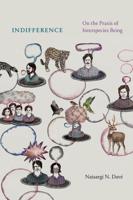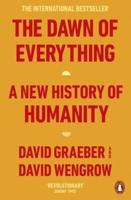Publisher's Synopsis
There have been claims that meaninglessness has become epidemic in the contemporary world. One perceived consequence of this is that people increasingly turn against both society and the political establishment with little concern for the content (or lack of content) that might follow. Most often, encounters with meaninglessness and nothingness are seen as troubling. "Meaning" is generally seen as being a cornerstone of the human condition, as that which we strive towards. This was famously explored by Viktor Frankl in Manâs Search for Meaning in which he showed how even in the direst of situations individuals will often seek to find a purpose in life. But what, then, is at stake when groups of people negate this position? What exactly goes on inside this apparent turn towards nothing, in the engagement with meaninglessness? And what happens if we take the meaningless seriously as an empirical fact?

